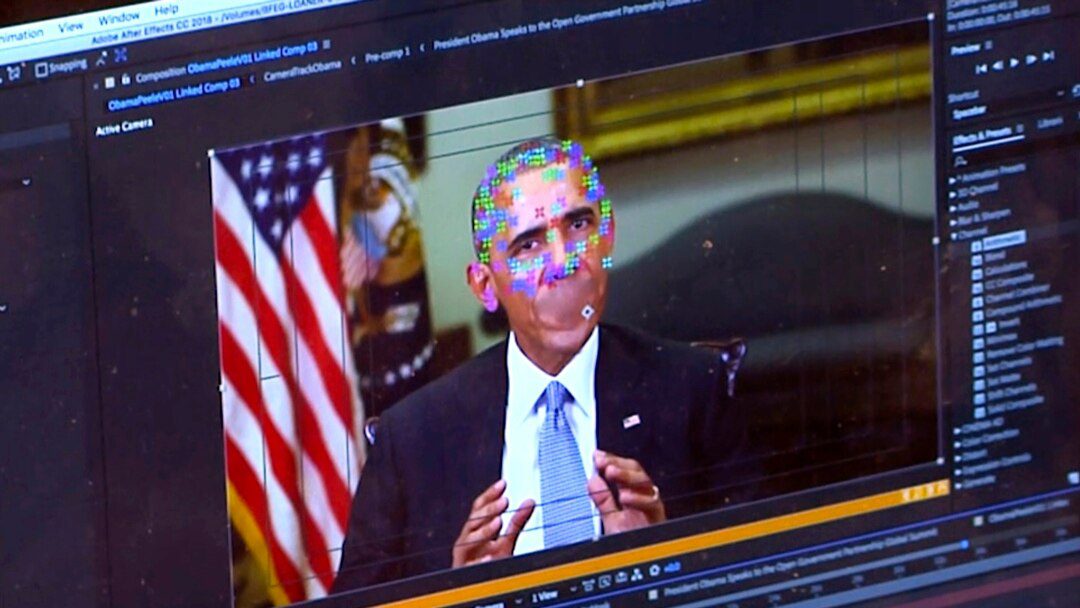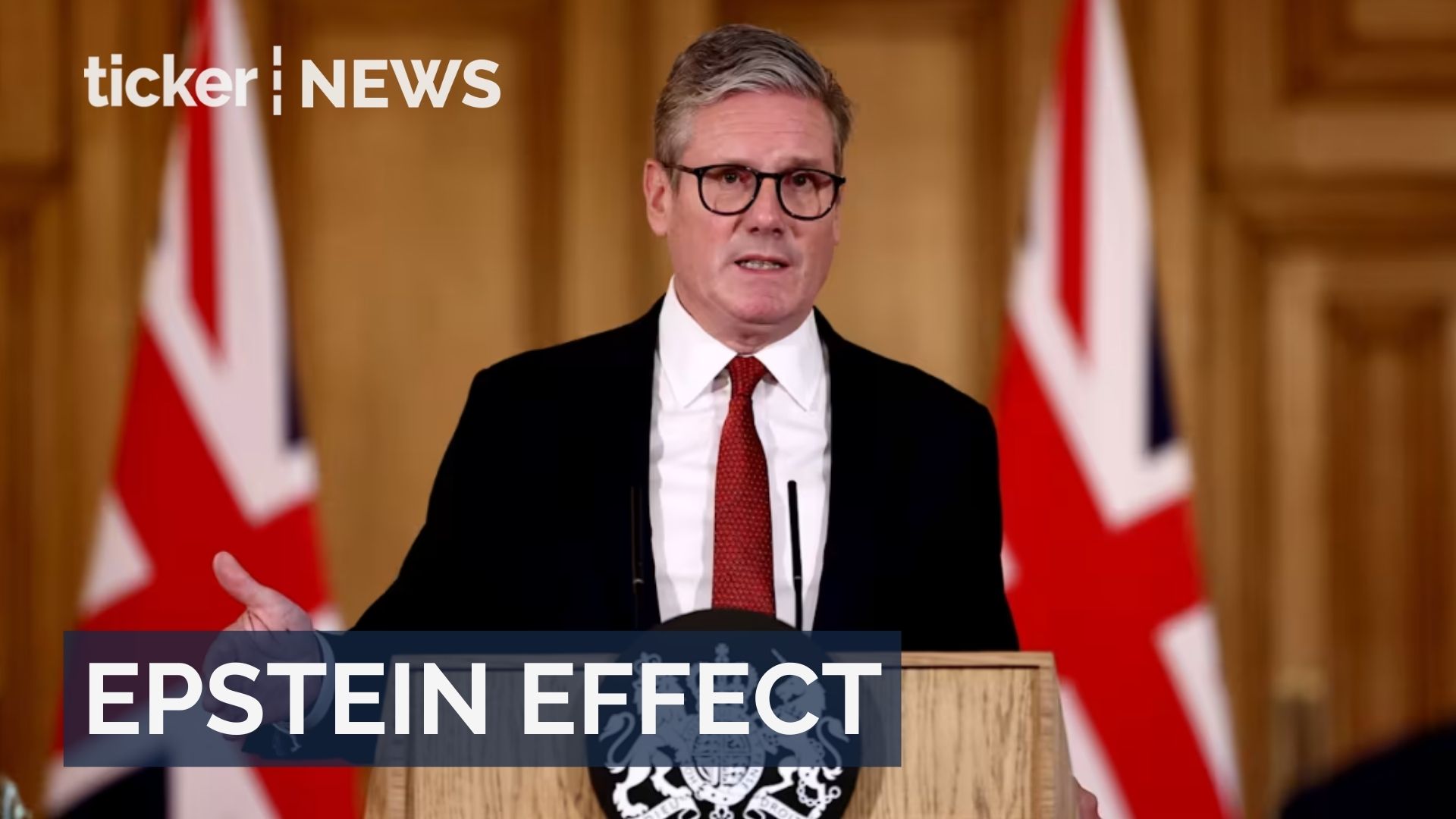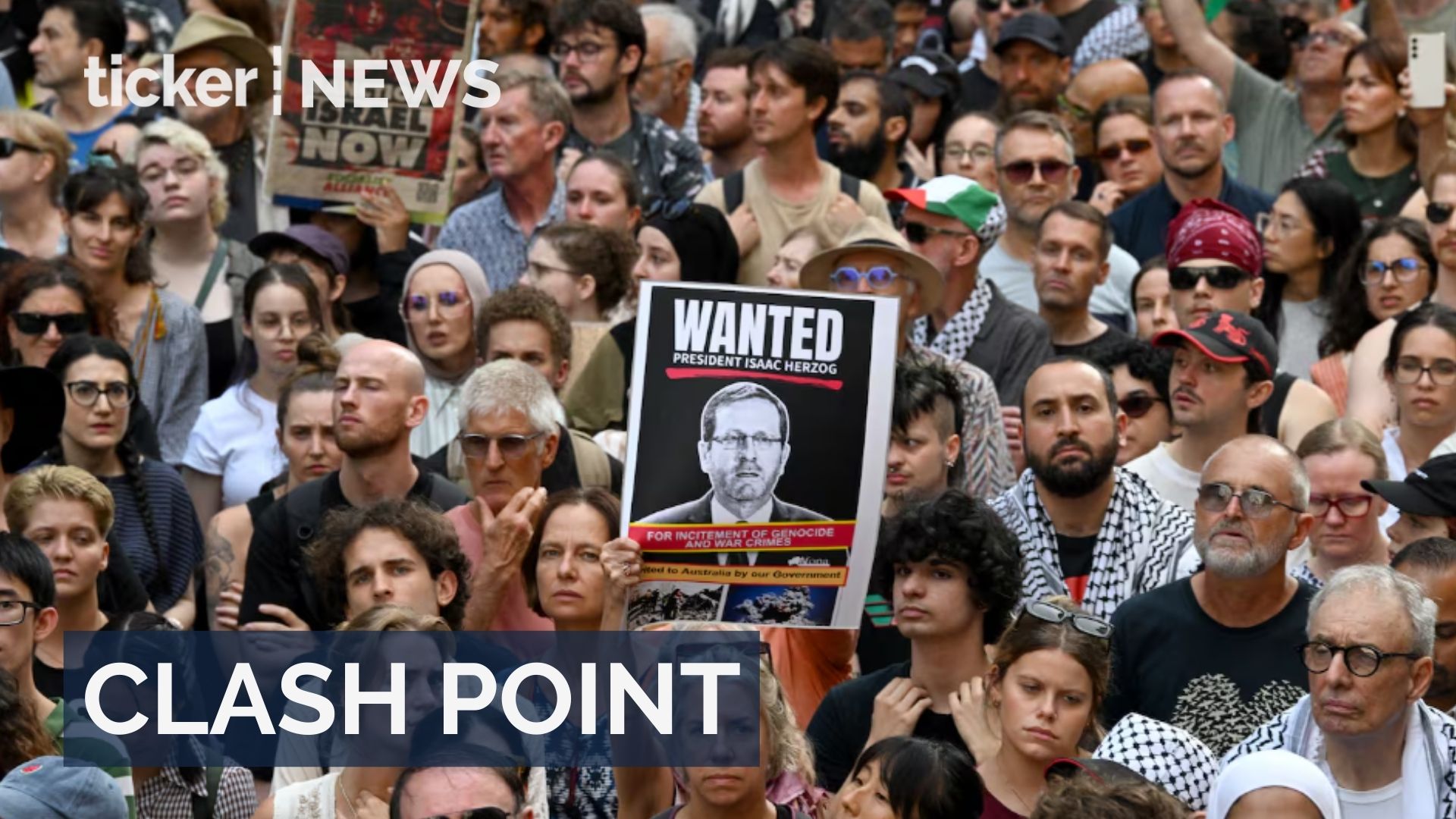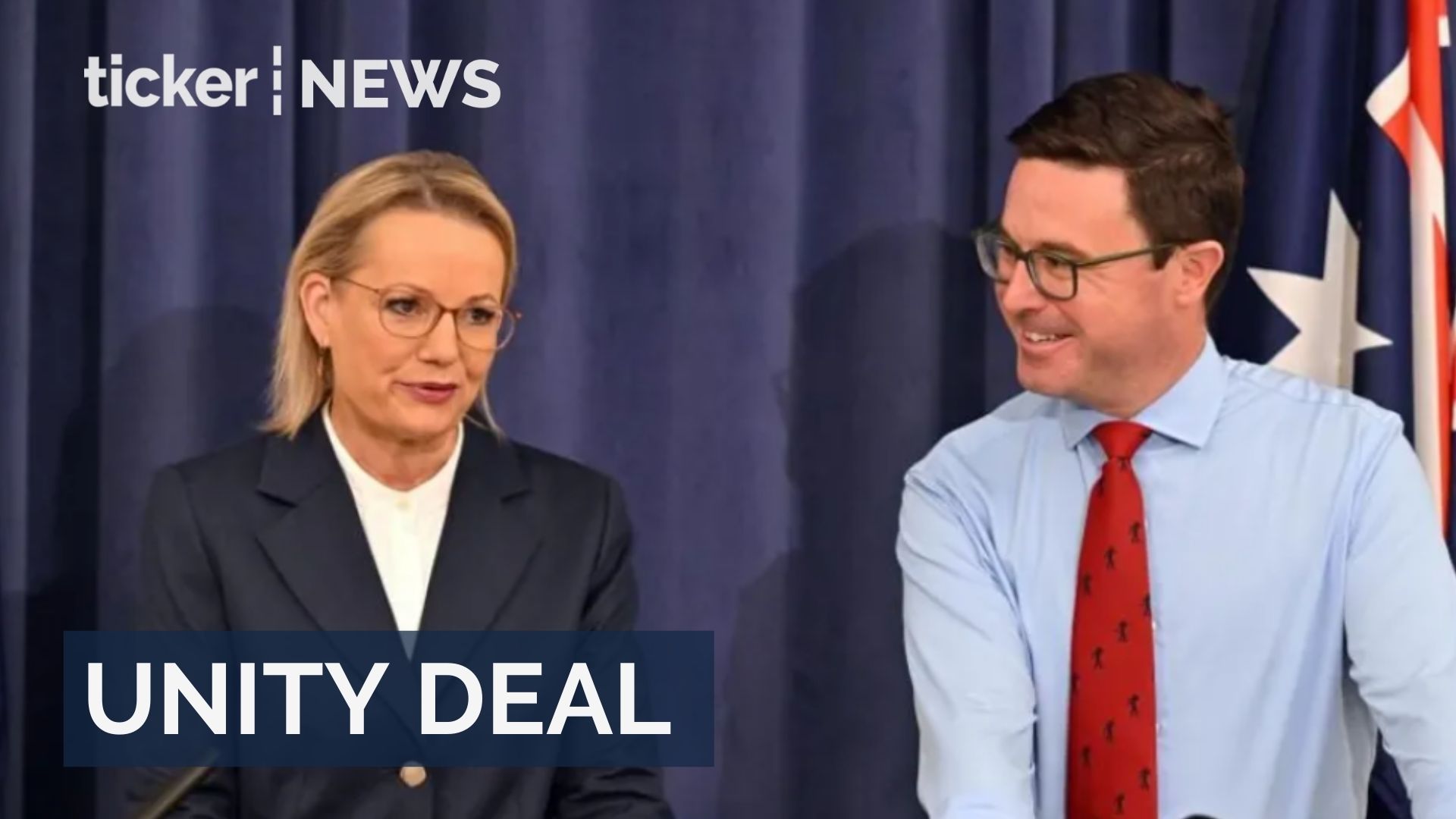News
Meta’s new rules on deepfakes and AI
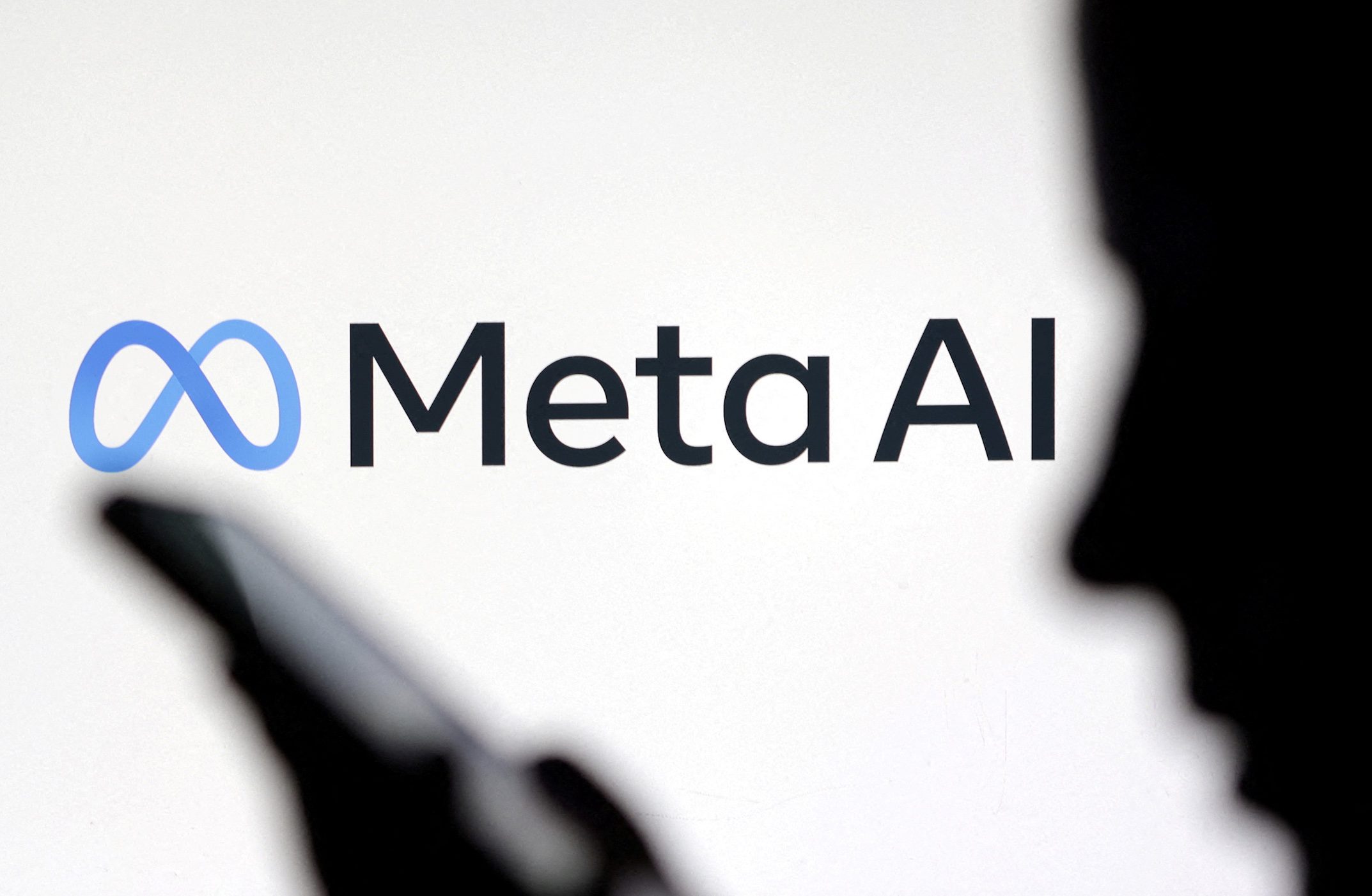
News
PM Keir Starmer facing his biggest leadership crisis yet
UK PM Keir Starmer faces pressure over Epstein links and party unrest, with approval at 20% amid resignation calls.
News
Sydney protests intensify as police arrest dozens during Herzog visit
Protesters clashed with police in Sydney, resulting in 27 arrests amid tensions over Israeli President Herzog’s visit.
News
Liberal and Nationals reunite after political split
Australia’s major parties restore Coalition unity after three weeks, with Nationals frontbenchers rejoining shadow cabinet and ministers pledging commitment.
-



 News5 days ago
News5 days agoU.S. ramps up Cuba aid as energy crisis deepens
-



 Tech5 days ago
Tech5 days agoOpenAI and Anthropic launch faster, smarter AI tools for enterprise coding
-



 News5 days ago
News5 days agoSpaceX expands Starlink with phone plans and satellite tracking ambitions
-



 Ticker Views5 days ago
Ticker Views5 days agoRebuilding Gaza: Lessons from the Phoenix Plan
-



 Ticker Views2 days ago
Ticker Views2 days agoIsraeli President Herzog visits Australia amid rising antisemitism
-



 Money5 days ago
Money5 days agoU.S. markets mixed as tech slumps and Fed moves spark uncertainty
-

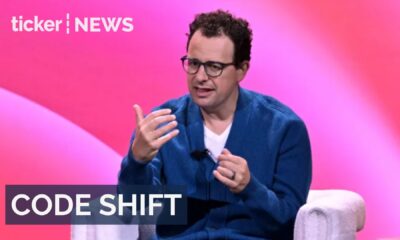

 Tech2 days ago
Tech2 days agoClaude AI is transforming software engineering and productivity
-



 Money5 days ago
Money5 days agoTech stocks and Bitcoin tumble amid market uncertainty and rising job concerns



